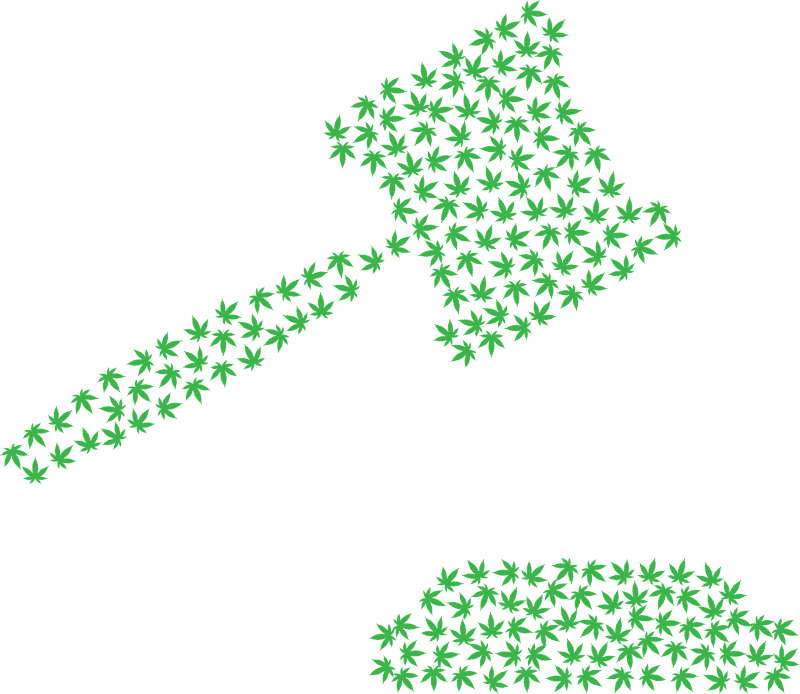History of Hemp
Hemp is one of the oldest crops worldwide and was cultivated around 10,000 years ago.
Commercial hemp has been used for textile production for around 3,000 years and was an important raw material for seafarings.
Ropes and sailor‘s clothing were made from hemp‘s fibers.
The advantage of these fibers was that the fiber was very robust, which is why it was later used to make blue jeans.
The fiber of hemp is extremely tearproof and soft at the same time and therefore has all the advantages that are important for jeans production.
However, hemp is also a very good fiber for making paper.
Numerous artists preferred the hemp paper and created their works on it.
The famous painter Rembrandt made his first oil painting on paper from hemp fibers.
Hemp is also very important for the industry since natural insulation materials and other products are made from it.
Hemp is even used as animal bedding or as a raw material for lightweight building boards.
And there are some nutritional supplements that are made from hemp.
For a long time, hemp or cannabis growing was very competitive. Especially in the United States, landowners were severely punished for not growing hemp.
Russia was the largest hemp producer and covered around 80% of western hemp needs.
The paper and textile industries, in particular, were supplied with hemp, and England was one of the largest buyers.
Under Napoleon‘s role, hemp became scarce in England, because Napoleon imposed a continental block and no deliveries of hemp were made. Because of this bottleneck, an alternative had to be sought – cotton.
Hemp is now grown worldwide but thrives mainly in subtropical areas like ins the Central Asia area which has the best conditions and the perfect climate.
Hemp was used 10,000 years ago, as a food and also as a remedy.
Why cannabis was banned
In 1611 there was a law that required all farmers to grow cannabis, this changed abruptly in the 1930s. The reason for the change was a minister who had to come up with something to avoid being deposed.
With lies and hair-raising stories, he still managed to see cannabis as a devil drug and ban it.
A United States government official named Harry J. Anslinger, served in these times as the first commissioner of the U.S. Treasury Department’s Federal Bureau of Narcotics.
At the begining Anslinger had claimed that cannabis was not a problem and it did not harm people. But later on is strated a campiagn to bun Cannabis.
Critics argue he shifted not due to objective evidence but self-interest due to the obsolescence of the Department of Prohibition he headed when alcohol prohibition ceased.
When a young man wiped out his entire family, Anslinger made these murders his tool. He claimed that the young man had smoked cannabis and was delusional, heard voices, and had gone completely crazy with cannabis.
At the same time, he interviewed 30 scientists who were asked to confirm how harmful cannabis is to humans. He raised the mood against the hemp plant in the newspapers and had a letter published by a scientist saying that cannabis was very harmful and drove people crazy. However, it must also be said here that the 29 other scientists all confirmed that cannabis was not harmful and that its claims were wrong. Nevertheless, he had this letter printed, which then led to cannabis being banned because it was a devil drug.
Many years later it also emerged that the young man who wiped out his family had never smoked cannabis and doctors wanted to send him to a mental hospital year before the accident, which his parents refused.
In addition, this ban also suited the plastics industry, since hemp significantly restricted the profits of this industry. Other industries also appreciate the ban and have also launched campaigns against the important and helpful hemp.
In the meantime, hemp is on the rise again and is currently making an absolute comeback. This is mainly due to the fact that more and more people are turning to natural products and avoiding the pharmaceutical industry as much as possible. More and more countries are in the proccess of legalize cannabis.
